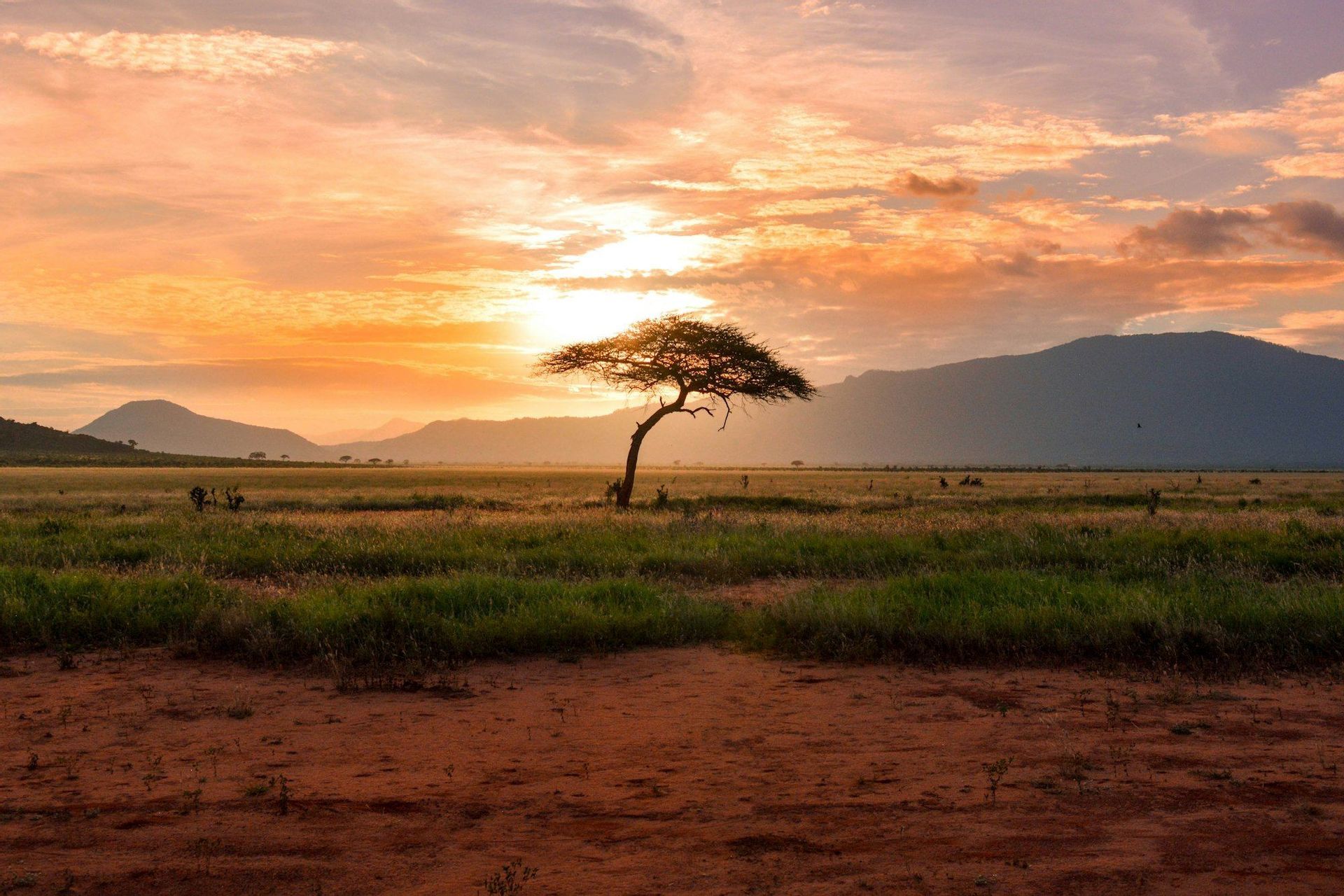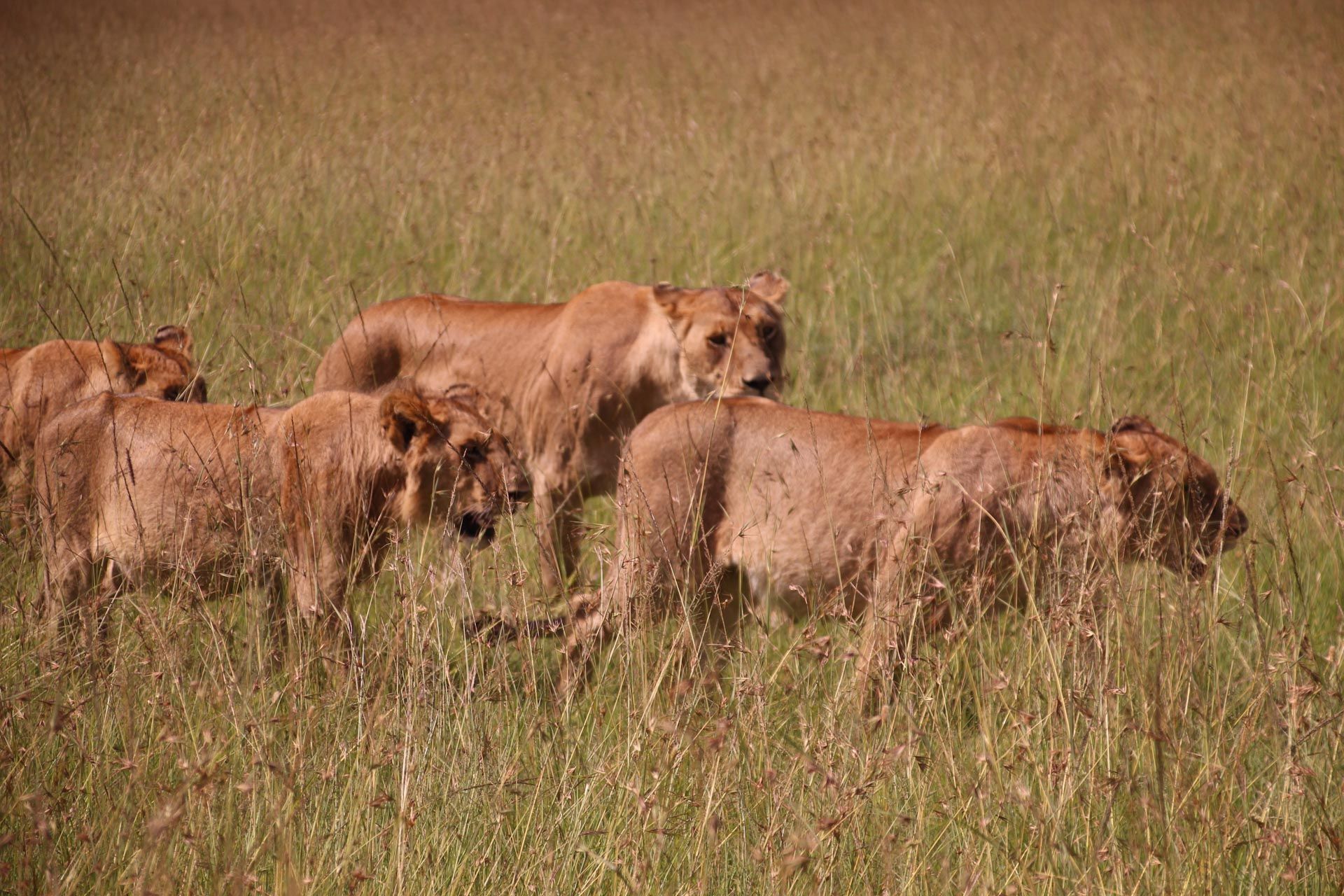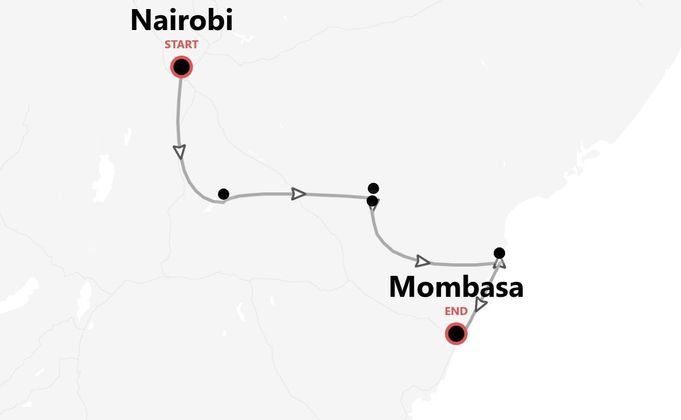
Group trips to Kenya
Our organized trips to Kenya
Beyond its fabled safaris, Kenya reveals a vibrant tapestry of experiences, where the spirit of untamed wilderness harmonizes with a rich, dynamic culture. From the iconic plains of the Masai Mara, where the Great Migration unfolds in dramatic spectacle, to the ancient, whispering alleys of Lamu Old Town, a UNESCO World Heritage site alive with Swahili traditions, and the bustling, modern pulse of Nairobi, Kenya offers an astonishing journey. This land of remarkable diversity beckons curious and adventurous souls, eager to immerse themselves in profound natural beauty, historical depth, and the warm, inviting rhythm of East Africa.
FAQs about Kenya
If you are a UK citizen, to find out the entry requirements for Kenya, you can check this informational page from our partner Sherpa. If you need a visa, you can apply for it through Sherpa. If you are not a UK citizen, you can still use Sherpa by changing the nationality in the 'Passport' section.
Before traveling, always remember to check the government website of your country of origin for updates on the entry requirements for Kenya – you wouldn’t want to stay home due to a bureaucratic detail!
- UK residents: review the FCDO Travel Advice.
- US residents: consult the US Department of State Travel Advice.
- Other residents: refer to your government or local consulate's travel advice.
Kenya is in the East Africa Time zone, which is GMT+3. It does not observe daylight saving time. If it is 12pm in the UK, it will be 3pm in Kenya. If it is 12pm on the East Coast of the USA, it will be 8pm in Kenya. Keep this in mind when planning your activities or connecting with people back home.
Kenya uses the Kenyan Shilling (KES) as its currency. The approximate exchange rates are:
- 1 GBP to 160 KES
- 1 USD to 110 KES
- 1 EUR to 130 KES
You can exchange currency at banks, currency exchange bureaus, and some hotels. It's a good idea to compare rates to get the best deal.
In Kenya, you can pay using credit and debit cards, mobile payment systems like M-Pesa, and cash.
- Credit and debit cards are widely accepted in urban areas and major hotels, restaurants, and stores.
- Mobile payment systems are very popular and convenient for everyday transactions.
- If you prefer using cash, it's a good idea to carry some Kenyan Shillings for smaller vendors and rural areas where card payments might not be accepted.
Always check with your bank about any international transaction fees.
Tipping in Kenya is common and appreciated, though not mandatory. For restaurants, a tip of 10 to 15 percent of the bill is generally expected if service is not included. In hotels, you might want to tip porters around 100 to 200 Kenyan Shillings and give a small daily tip to housekeeping. For taxi drivers, rounding up the fare is considered polite. Always check your bill to see if a service charge is already included before tipping.
In Kenya, the internet is generally good in urban areas and tourist spots, but it can be spotty in rural regions. We suggest you buy a local SIM card or an e-SIM data plan for better connectivity. Safaricom and Airtel are reliable providers with good coverage. Wi-Fi is available in hotels, cafes, and some public areas, but speeds can vary. For a consistent connection, having a SIM card is a smart choice. Make sure your phone is unlocked to use a local SIM.
In Kenya, they speak both English and Swahili as the official languages. You'll find English widely used in business and education, while Swahili is commonly spoken in everyday life. Here are some useful Swahili expressions you might hear or use:
- Hello: Jambo
- Thank you: Asante
- How much?: Bei gani?
- Good morning: Habari ya asubuhi
- Goodbye: Kwaheri
Swahili is a beautiful language, and locals appreciate even a small effort to speak it.
In Kenya, the plugs used are type G, which are the same as those in the UK. The voltage is 240V, and the frequency is 50Hz. If you're coming from countries where other types of plugs are standard, like the USA or some European countries, we suggest you bring a universal adapter to ensure your devices can be charged without any issues.
The main religion in Kenya is Christianity, with a significant portion of the population identifying as Christians. There is also a notable Muslim community, primarily along the coast and in urban areas. Important Christian holidays include Christmas and Easter, while for Muslims, Eid al-Fitr and Eid al-Adha are significant. If you plan to visit during these times, you might experience local celebrations and events.
Kenya offers diverse landscapes and exciting adventures, so packing smartly will ensure a comfortable trip. Here's what we suggest you put in your backpack:
1. Clothing:
- Lightweight shirts and shorts
- Long-sleeved shirts and pants for evenings
- A light jacket or sweater
- Swimwear
2. Shoes:
- Comfortable walking shoes
- Sandals
- Hiking boots if you're planning to go on safaris or hikes
3. Accessories and Technology:
- Sunglasses and a hat for sun protection
- A good camera or smartphone for photos
- Portable charger
- Travel adapter (Kenya uses type G plugs)
4. Toiletries and Medication:
- Sunscreen and insect repellent
- Basic toiletries like toothpaste and shampoo
- First aid kit with band-aids, antiseptic wipes
- Common travel medication like anti-diarrheal, pain relievers, and antihistamines
Kenya's climate can vary, so checking the weather forecast before you go can help you pack more precisely.
Kenya's weather can vary quite a bit depending on the region:
- Coastal Region: Warm and humid throughout the year, with temperatures ranging from 77°F to 91°F (25°C to 33°C). Best time to visit is from June to September when it's cooler and drier.
- Nairobi and Central Highlands: Cooler with temperatures between 50°F and 78°F (10°C to 26°C). The best time to visit is from December to March and June to October.
- Rift Valley and Western Kenya: Mild and temperate, with the same best visiting months as Nairobi.
- Northern Kenya: Hot and dry, with temperatures often exceeding 86°F (30°C). Visit from June to September for more pleasant weather.
Keep in mind the long rains are from March to May, and the short rains are from October to December.

